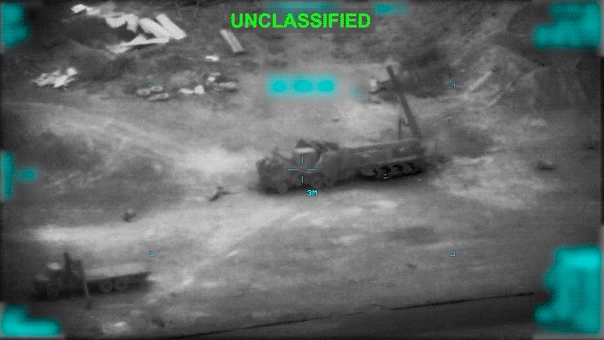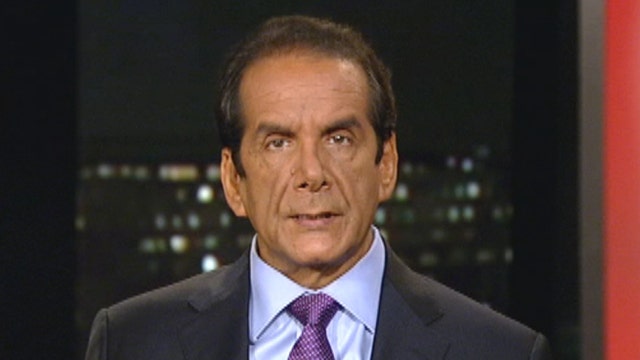Moments before President Obama began his speech last night, NBC’s Brian Williams said: “This has slowed way down.”
Moments after he finished, ABC’s Martha Raddatz said: “It is highly unlikely that in the coming weeks or even months there will be a military strike in Syria … if ever.”
In between came a tale of two speeches as Obama made the case for attacking Syria and, in a sharp pivot, made the case for postponing action.
The president tried to thread the needle, arguing for no boots on the ground, but no pinpricks. America is not the world’s policeman, but we should keep children from dying. He said Bashar Assad’s use of chemical weapons was “a danger to our security” because other tyrants might use such weapons, Iran would be emboldened in its nuclear ambitions and other tyrants might use WMDs. But no slippery slope.
Then came the sudden turn toward diplomacy, "encouraging signs,” the Russian proposal, postponing the vote in Congress. All because of the U.S. military threat, Obama said.
So what exactly was the message? What was the president asking us to do?
It was more of a status report than a call to action, more justification than inspiration. Perhaps that’s why it was far shorter than most Obama speeches.
Maybe it will turn out that Obama’s caution led to a solution that confiscated Assad’s chemical stockpiles without military action. Or maybe the inspections will drag on inconclusively for months. Even the all-knowing pundits aren’t sure.
The analysis tended toward the dispassionate, more focused on American politics than the carnage in Syria.
Fox’s Charles Krauthammer saw the Obama message as “we will do this if we have to,” but put it “on the back burner.”
CNN’s John King said he had never seen a president “say I’m trying to prepare you for a Plan B.”
CBS’s Bob Schieffer hinted at a bit of face-saving, because “he was almost certainly going to lose this vote” on Capitol Hill.
The presidential prime-time address is a diminishing asset. That’s why it happens so infrequently, just as the old, Reagan-esque prime-time presser is also a rarity.
We hear from White House occupants in so many more forums now, and in the era of iPads and Xboxes, families don’t gather round the set as they did in the Ed Sullivan days.
Convincing a nation to go to war, or at least prepare for military action, is also beyond the reach of any one speech. That’s especially true in a country as weary of war and as deeply distrustful of Middle East entanglements as this one.
What’s more, Obama himself ratcheted down the circumstances that originally seemed to lend drama to the speech.
A last-ditch effort to prod Congress into backing his threatened air strikes against Syria looked very different after the president embraced a Russian proposal to bring Assad’s chemical weapons under international control. Diplomacy, by its nature, is more muddled than the launching of cruise missiles.
In some ways the address was so anticlimactic that perhaps it should have been canceled and turned into a YouTube video.













































